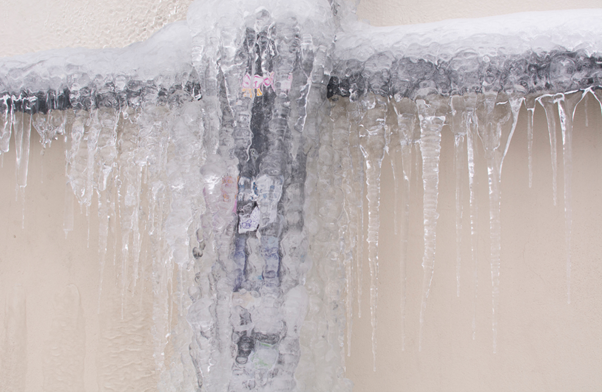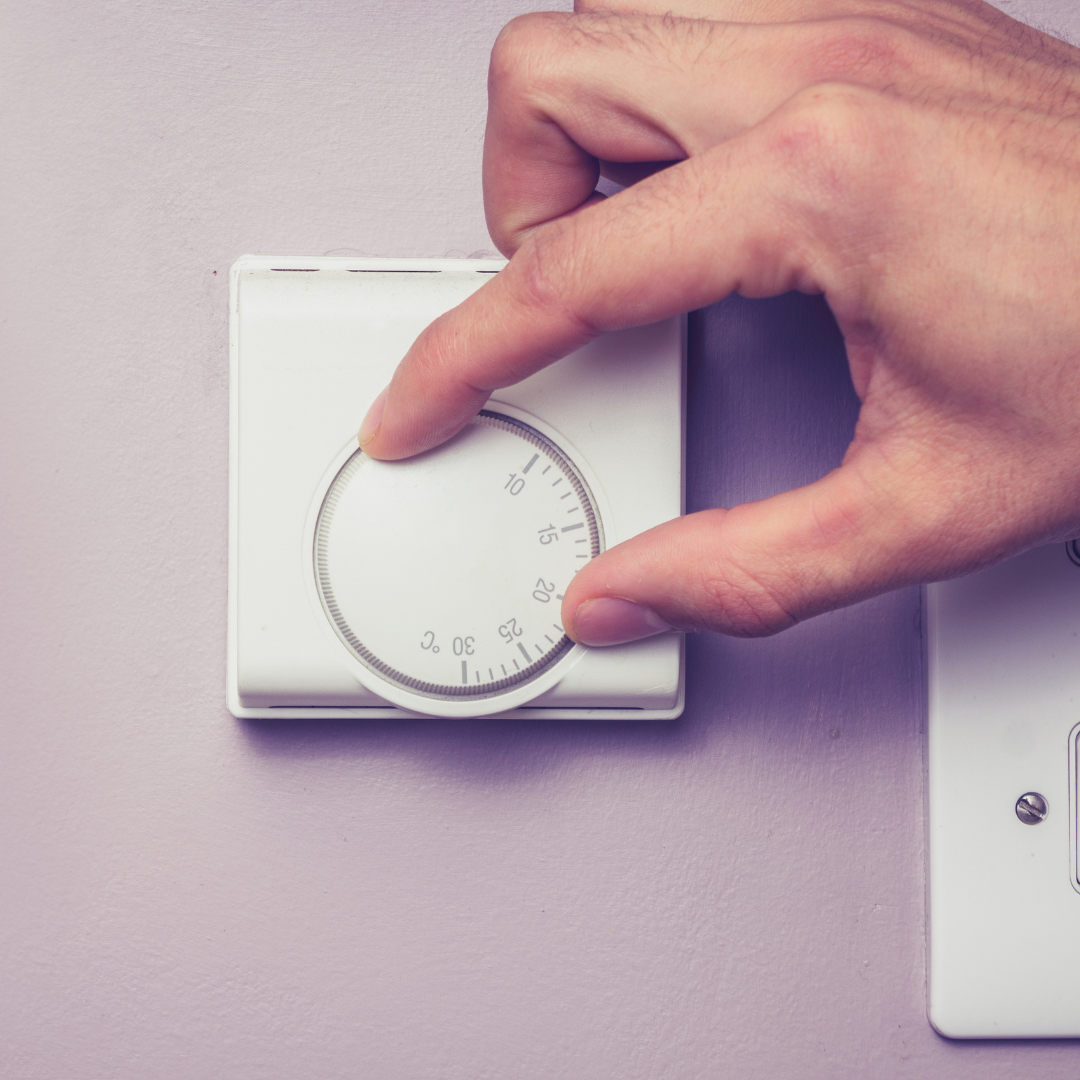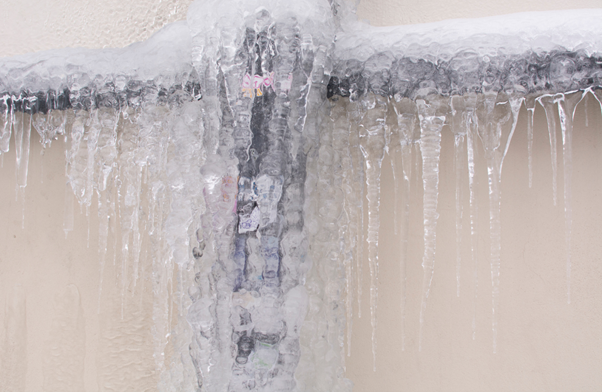As the temperature drops and the days are darker and shorter, we start to think of ways to ensure we can keep ourselves and our households warm.
A few quick checks of your boiler and heating appliances could mean the difference of requiring a repair this winter.
So, what can you do to prepare for the cold weather?
We advise you to test your boiler and radiators by turning your boiler on for at least 20 minutes to check that everything is working before you need it most.
If your boiler isn’t at the right pressure level, it can lead to further issues within your house hold. Every boiler pressure is measured differently depending on age, manufacturer, and model.
On most (combi) boilers, the pressure is shown on a dial at the front; the optimum level is usually 1 - 1.5 and the arrow on the dial will remain in the green section.
If your boiler pressure is too high or too low, this is something you can quickly resolve. Please refer to your boiler instruction manual.
Spot a problem? Let us know here.
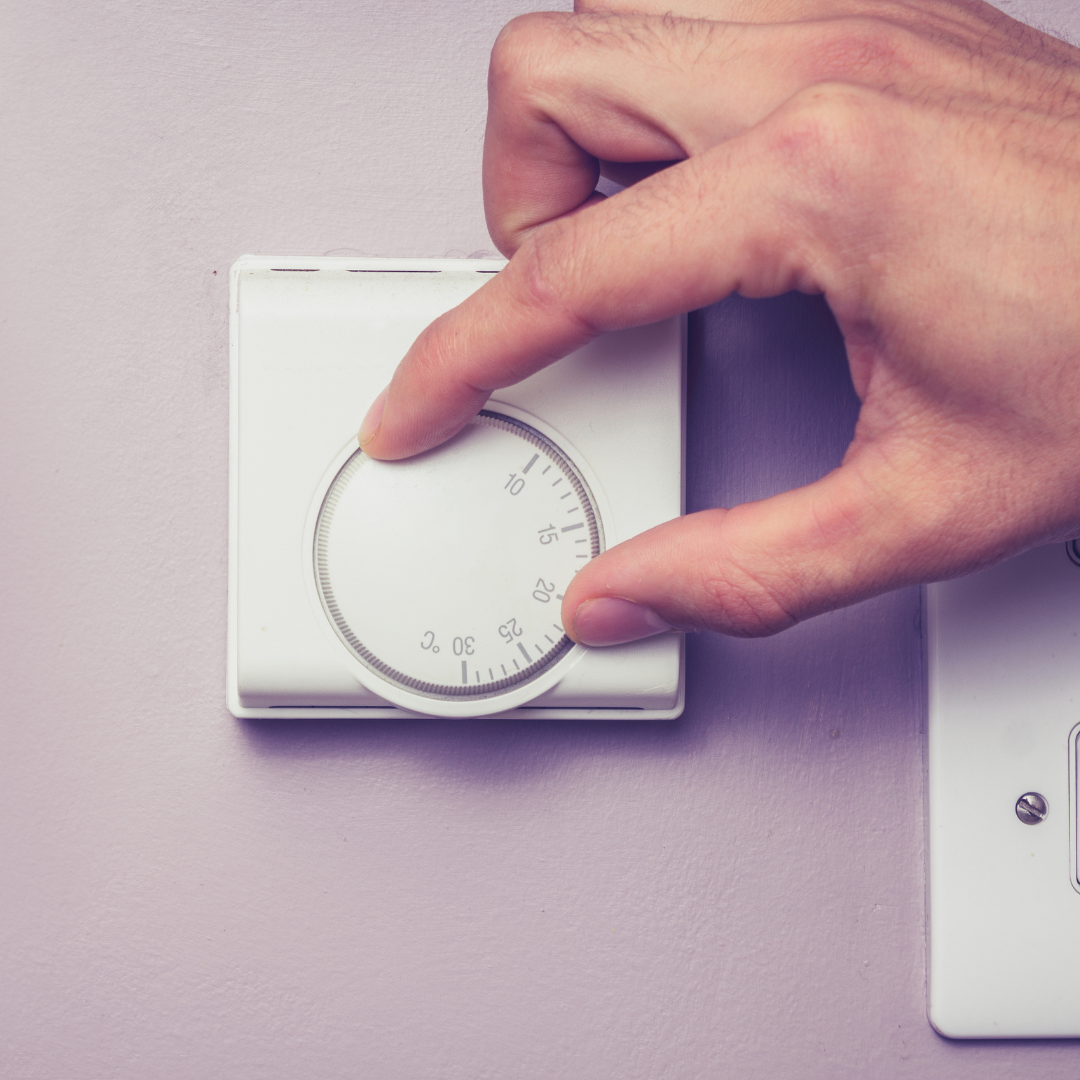
Turn your heating on, and once your home is fully heated, check if your radiators have any cold spots.
Spot a problem? Let us know here.

Make sure to check your pipes in your home throughout the winter to prevent any problems. You should be looking out for:
- Frozen pipes
- Thawing pipes
- Leaking or burst pipes
Spot a problem? Let us know here.
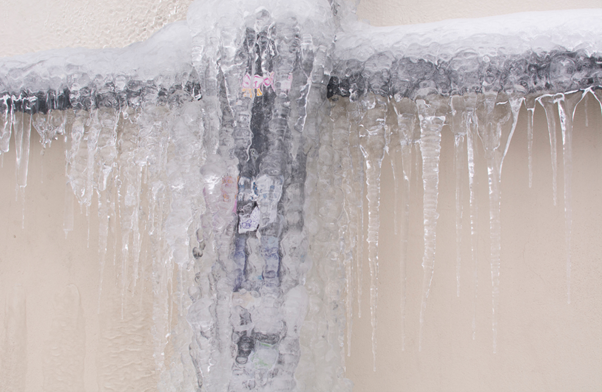
Emergencies can be logged 24 hours a day, 7 days a week. If you have an emergency, please call us on 0345 345 0272.

Winter health and well-being
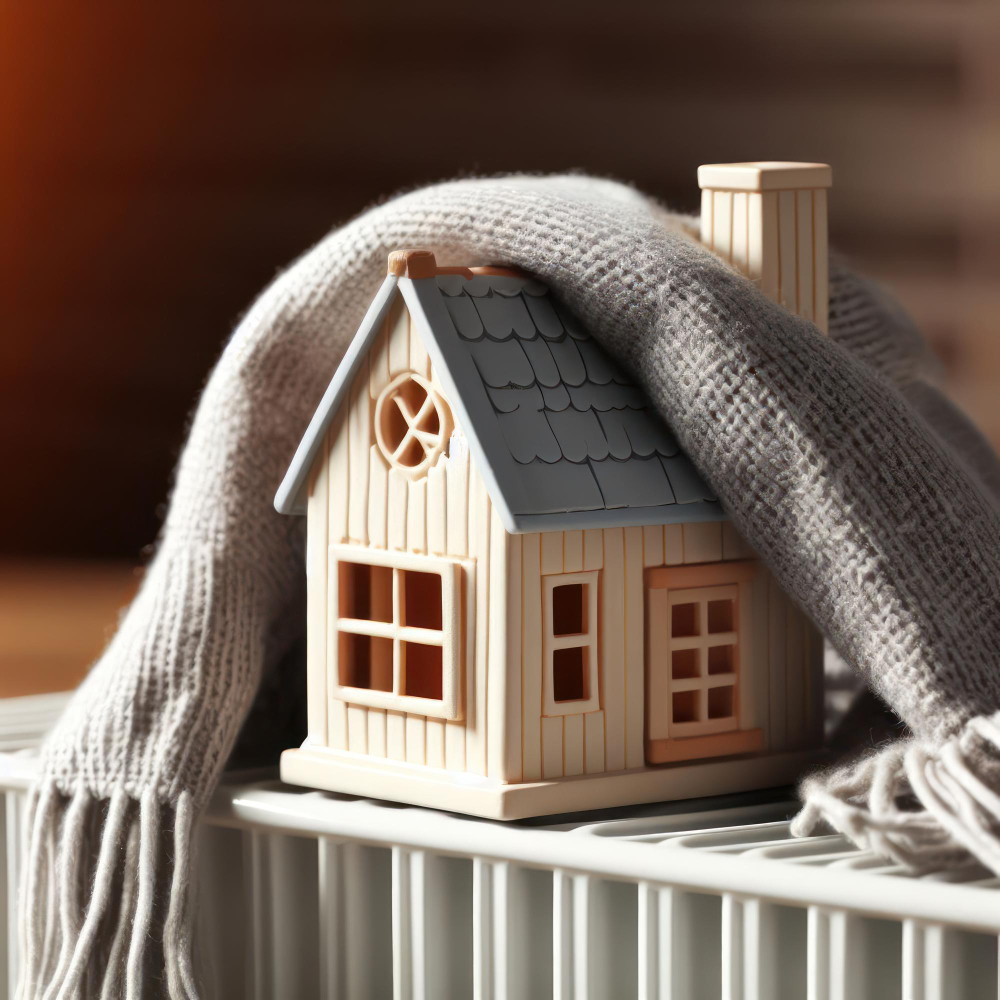
Financial support and the cost of living
